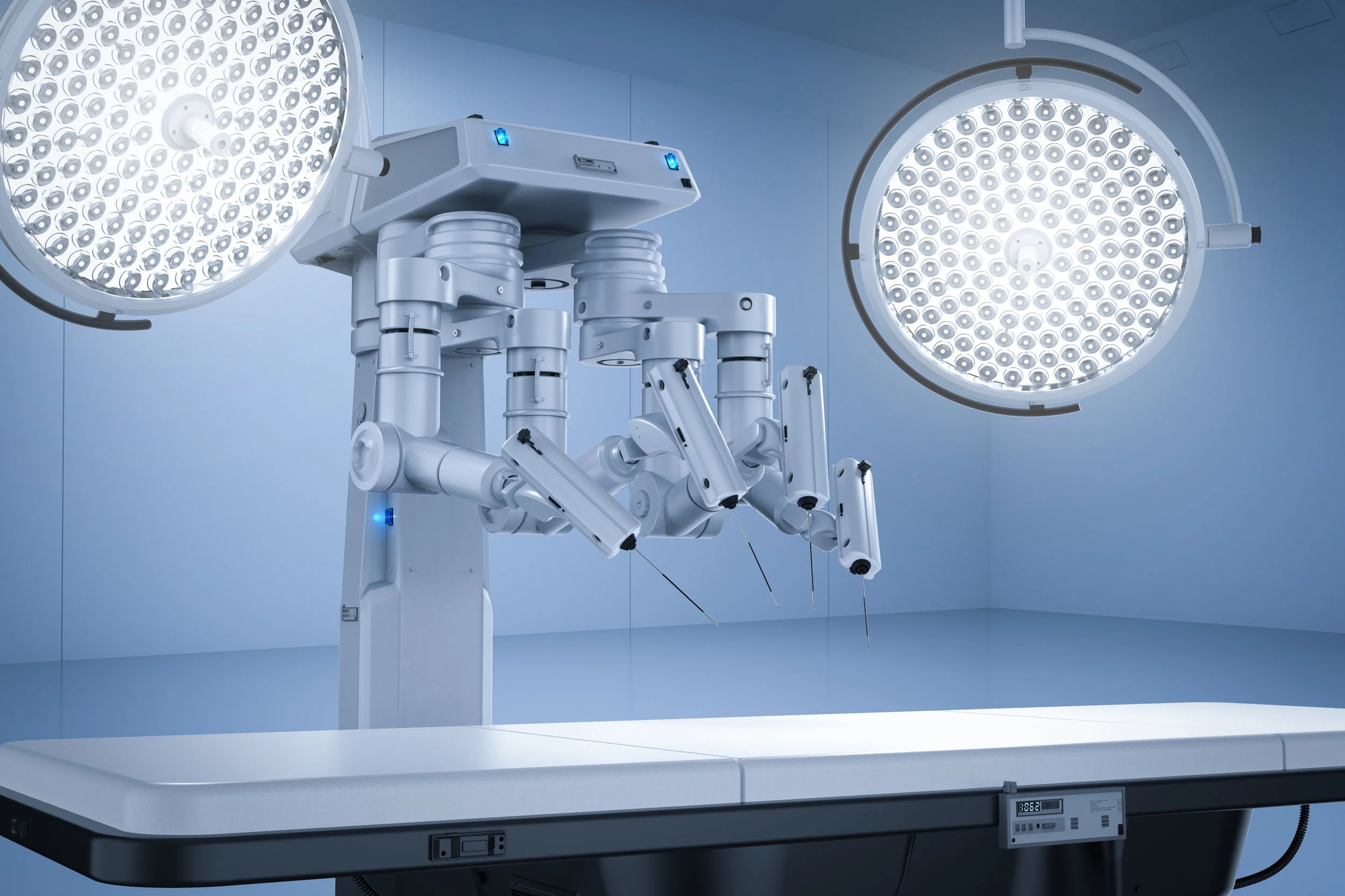Our doctors are familiar with the unique complexities and symptoms associated with a variety of colorectal conditions, and are specifically trained to diagnose and treat them using the most innovative methods. Here’s a summary of all the different conditions we treat at Colorectal of Tampa Bay.
Understanding Your Colorectal Cancer Screening Options
The most important thing to remember with colon cancer is that early detection can mean all the difference for effective treatment and even prevention. Thankfully, there are a few colorectal cancer screening options you can choose from to make sure you stay healthy.
What Is The Difference Between IBS & IBD?
4 Anorectal Conditions Treated At The Colorectal Clinic Of Tampa Bay
At Colorectal Clinic of Tampa Bay, our colorectal specialists treat a myriad of intestinal, rectal, and colorectal conditions. People with a wide range of issues can seek treatment from our specialists for everything from complex diseases like colorectal cancer to other colorectal ailments including inflammatory bowel disease (IBS), diverticulitis, and much more. Below, we take a look at 4 anorectal diseases we treat, including what they are and how they are best treated.
The Difference Between A Perianal Abscess & Hemorrhoid
How Big Of A Role Does Genetics Play In Colorectal Cancer Risk?
The American Cancer Society estimates that about 1 in 21 men and 1 in 23 women in the United States will develop colorectal cancer at some point in their lifetime. Knowing your family’s history is an especially important factor in early detection for many cancers, especially colorectal cancer. When it comes to colorectal cancer, your genetics play a huge role in determining whether you might be at a higher risk of developing the condition. In this article, we will discuss the genetic predisposition for colon cancer, including how to know if you have a gene for hereditary colon cancer.
Cyst 101: What Causes Cysts, Types Of Cysts, & Cyst Treatment Options
Surgical Options For Anal Fistula Treatment
What Is Robotic Surgery?
Robotic surgery is changing the way many surgeons are able to treat certain ailments. Oftentimes, robotic-assisted surgery provides surgeons and patients with a minimally invasive alternative to traditional open surgery. In this article, we will discuss what robotic surgery is, benefits of robotic surgery, and types of surgeries robotics can sometimes replace.
Treating Rectal Cancer: What Is Local Excision Surgery
If you’ve been diagnosed with rectal cancer, chances are you may need some type of surgery to effectively treat your cancer. The type of surgery your doctor will opt to perform depends on the stage of your cancer. One common type of rectal cancer surgery is local excision surgery. In this article we will discuss how local excision surgery works and the criteria for this surgical procedure as a treatment method.
5 Conditions Treated At The Colorectal Clinic Of Tampa Bay
When it comes to selecting the right colorectal clinic, you should select not only a team of colorectal specialists with experience, you should choose a team of colorectal specialists with extensive experience on a wide array of colorectal issues. The colorectal specialists at the Colorectal Clinic of Tampa Bay are dedicated to treating a myriad of different colorectal issues. Here are five conditions we treat at Tampa Colorectal.
What Causes Constipation?
Let’s face it, constipation happens. In fact, constipation is extremely common among all ages and populations in the U.S., with 16 out of 100 adults experiencing symptoms of constipation at one point or another. While some forms of constipation are unavoidable, others can be alleviated with lifestyle, diet changes, or other forms of treatment such as medication. Below, we discuss why constipation happens and six common causes of constipation.
Understanding The Difference Between Hemorrhoids & Anal Fissures
Discomfort in the bathroom is often the first sign of something more serious. Most of the time hemorrhoids are to blame, but it’s possible that your symptoms could point to another issue: anal fissures. While the two conditions are different, they can present similar symptoms. Below we will look at the main differences between hemorrhoids and anal fissures.
What We Know About Young Onset Colorectal Cancer
Countrywide, awareness efforts about colorectal cancer have yielded positive results. Every year the mortality rate decreases and early detection continues to grow. Yet, this favorable news only applies to cases where patients are over the age of 50, i.e. “regular-onset colorectal cancer”. In contrast, the rate of young-onset colorectal cancer is on the rise. Currently, 11% of colon cancer diagnoses and 18% of rectal cancer diagnoses occur in people younger than 50.















